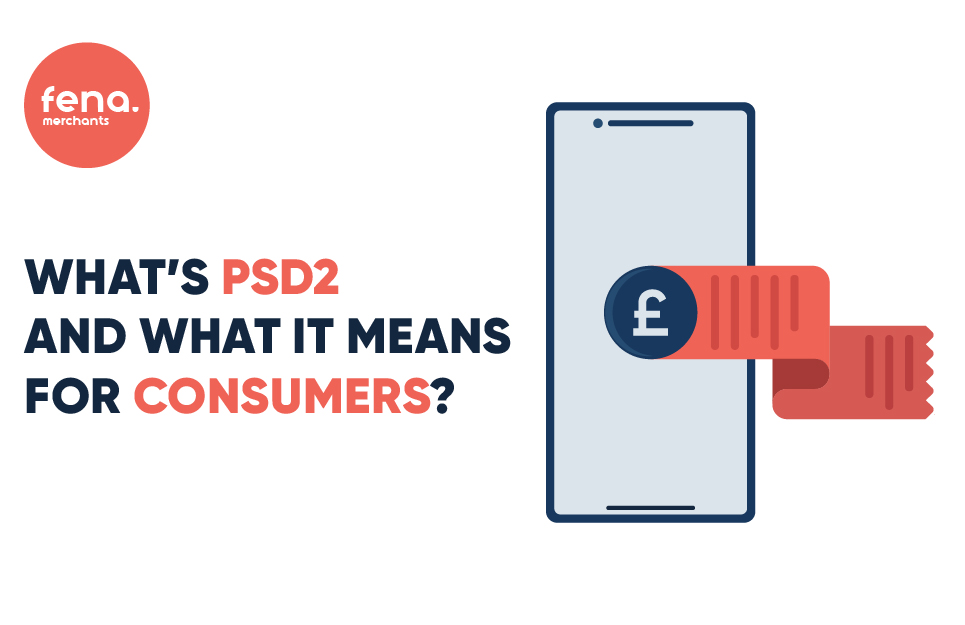What’s PSD2 and what it means for consumers?
by Gosia Furmanik on October 18, 2021

PSD2 explained
The legal and financial world are full of acronyms. And, PSD2 is one of them.
PSD2 stands for Payment System Directive 2. *Very catchy name.*
It’s a piece of legislation introduced in 2018 in the UK and the EU. The key changes introduced by the law include:
Banks and banking institutions are required to allow access to their account information and payment APIs
Additional security requirements with Strong Authentication as standard
Greater transparency for all your bank accounts and financial data.
Why was the legislation introduced?
The legislators in Europe felt the existing banking system was not innovative enough and prone to anti-competitive behaviour.
To tackle the stifled approach towards competition, PSD2 introduced the new requirements for banks operating in Europe. Banks must provide access to their payments and account information APIs to tech companies to build solutions on the top of the banking system.
Banks are heavily regulated and, therefore, are incentivised to provide the most secure system for payments possible.
What does it mean in practice for your everyday Joe?
You can grant access to your bank account information and transaction history to the third-party providers (like fena) to manage your finances in one place.
Using a third-party provider (like fena) you can make payments for goods and services in as seamless way as card payments using your banking app only.
Greater choice for consumers – competition is good for consumers. It’s a cliché but with new tech players entering the market, consumers will have access to an array of financial software to take payments and take charge of your financial data.
Open Banking as the UK response to PSD2
Open Banking is a standard that the UK adopted to implement PSD2 with the 9 biggest banks in the UK. It’s overseen by the Open Banking Implementation entity.
Open Banking aims to standardise access to banking APIs. It wants to do it in a secure and scalable way. Open Banking is a required standard for 9 biggest banks (so-called CMN9).
Open Banking is the most mature standard for payment and data APIs for third parties to connect to.
So far, Open Banking supports data APIs access and single domestic payments. In the near future, Open Banking specifications will include variable recurring payments. It can be a revolutionary step to help reduce costs of direct debits.
Soft power of Open Banking
Open Banking is becoming the de facto industry standard of PSD2 implementation, spreading to far corners of the globe like Australia or Brazil. Countries in Europe have also implemented with entities like the Berlin Group being formed to mimic the UK setup.